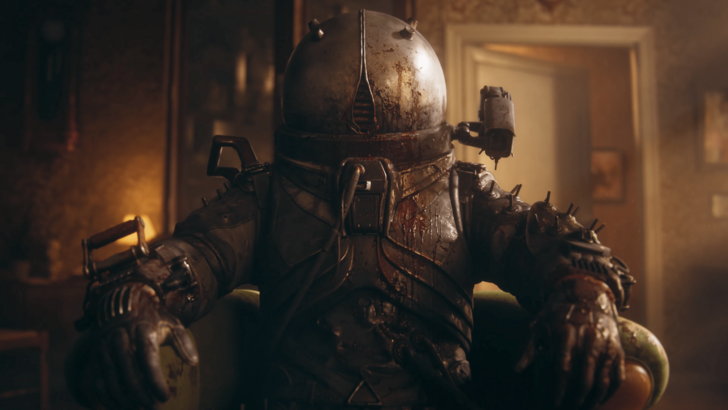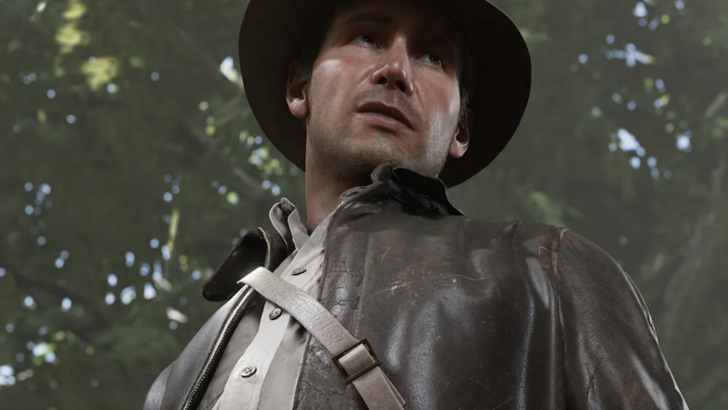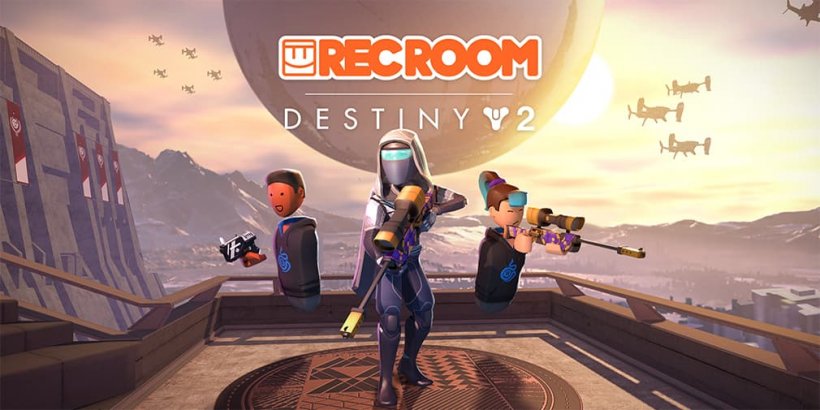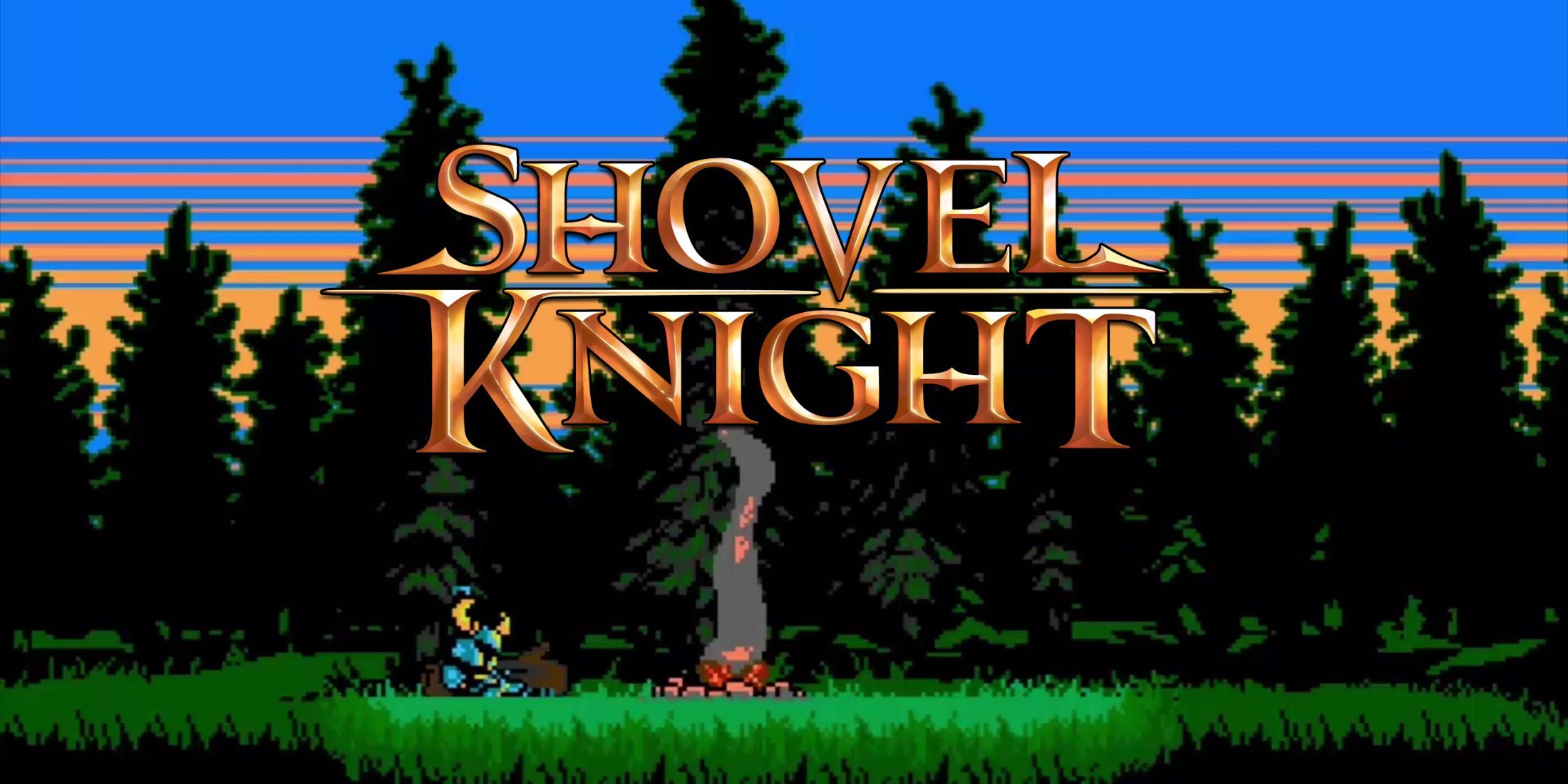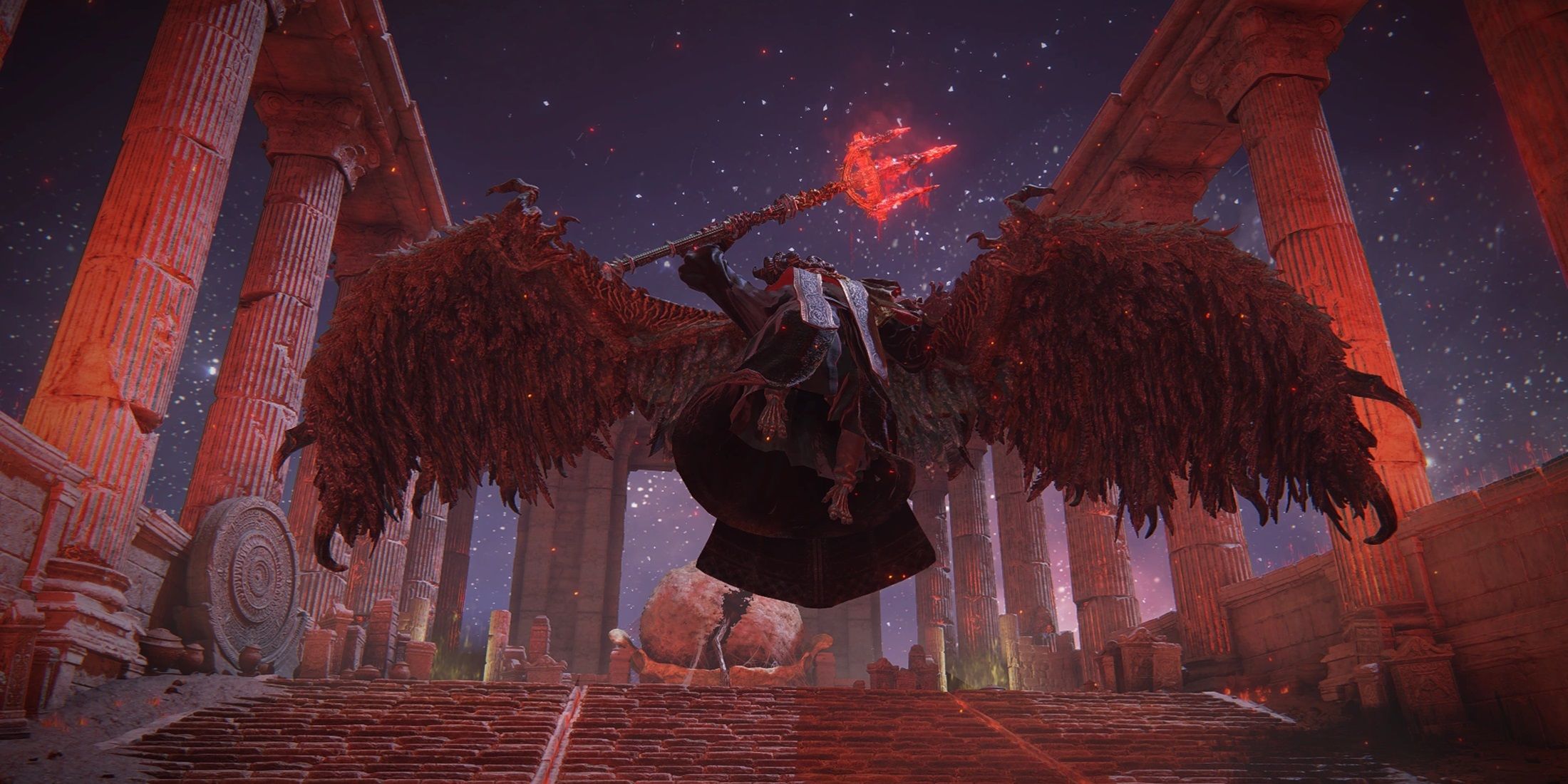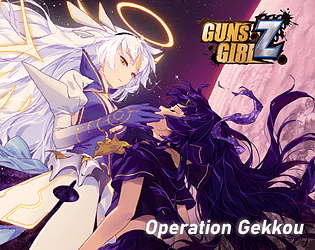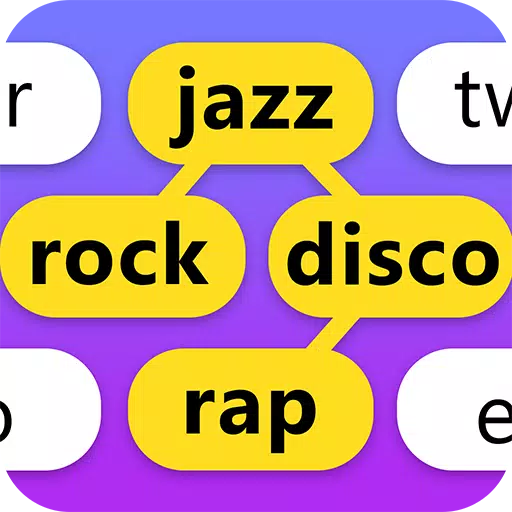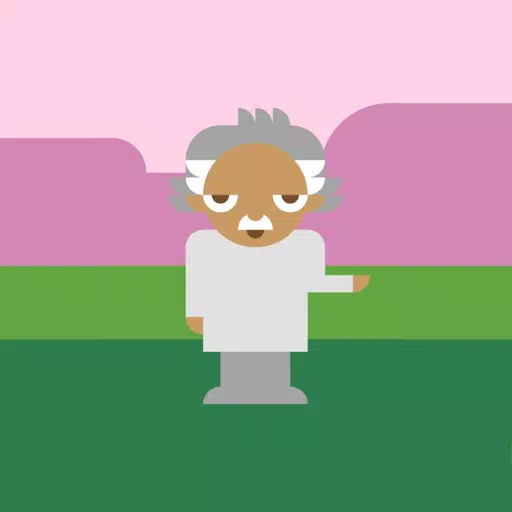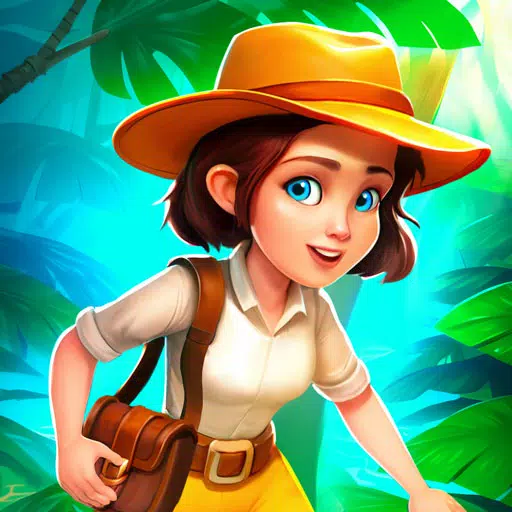Hideo Kojima's Japanese radio podcast, KOJI10, offers fans a unique glimpse into the creative mind behind iconic titles like Metal Gear Solid and Death Stranding. In the latest episode, Episode 17, Kojima delved into the fascinating topic of integrating real-world time passage into video game mechanics. He not only reflected on time-based features he has successfully implemented in previous games but also shared intriguing concepts he considered for future projects, including an idea that was ultimately cut from the eagerly anticipated Death Stranding 2: On The Beach.
Kojima is renowned for his innovative use of console and PC internal clocks to enhance gameplay. He kicked off the discussion by referencing two notable examples from 2004's Metal Gear Solid 3: Snake Eater on the PS2. To heighten the survival experience in the jungle, the game made fresh food spoil after a few real-life days. Consuming rotten food could severely debilitate Snake, or players could ingeniously use spoiled food as a weapon to distract enemy soldiers by throwing it at them.
Death Stranding 2 Cast
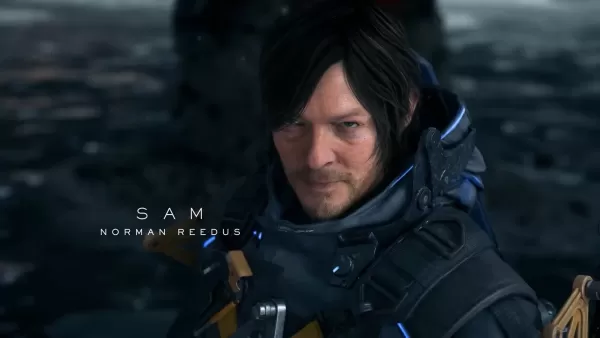
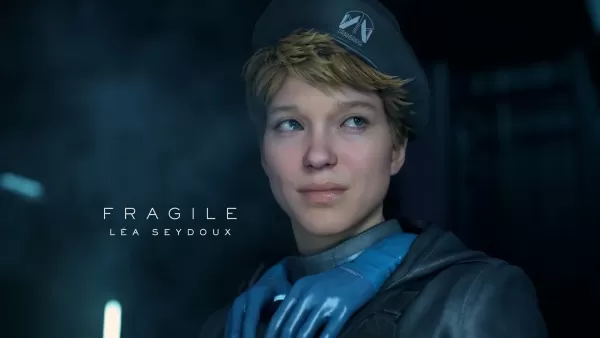 View 14 Images
View 14 Images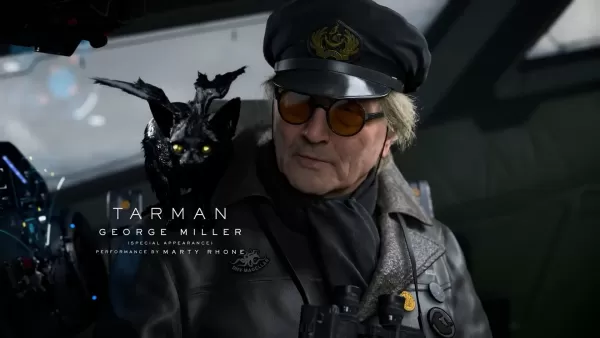
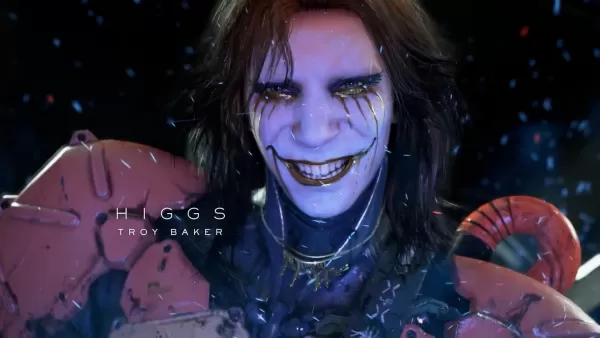
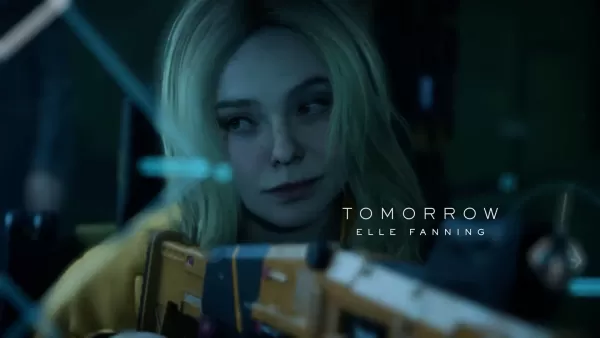
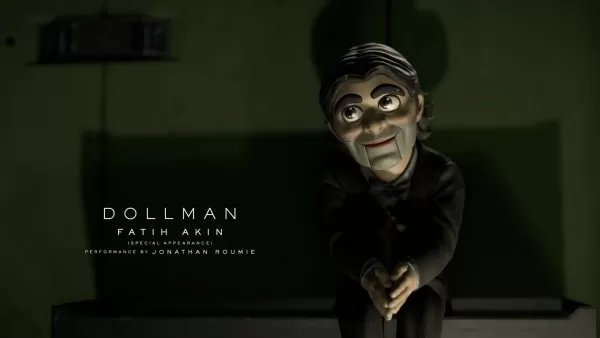
Another example from MGS3 involves the boss battle with the elderly sniper, The End. Kojima explained, “Although he is a really tough boss, if the player waits a week, The End will die of old age.” By loading a save from this battle at least a week later, players would witness a cutscene where Snake finds The End deceased.
During the podcast, Kojima also disclosed a concept he had for Death Stranding 2 that didn't make the final cut. He envisioned Sam's beard growing over time, requiring players to shave it to prevent him from looking unkempt. However, due to the star power of Norman Reedus, Kojima decided against it to maintain Sam's cool image. He remains open to incorporating this idea into future projects.
Kojima further explored three game concepts centered around real-life time passage. The first is a life simulation game where the player ages from childhood to old age. As the character matures, their physical abilities decline, but their knowledge and experience increase, influencing strategic gameplay. Despite Kojima's skepticism about its marketability, his co-hosts showed enthusiasm for this unique concept.
Another idea involves creating a game where players nurture products like wine or cheese over an extended period, suitable for a background or idle game format. Conversely, he proposed a "forgetting game" where the protagonist loses abilities and memories if players don't play daily, eventually becoming immobile. This concept would require players to dedicate significant uninterrupted time to the game, a notion Kojima humorously suggested might necessitate time off from work or school.
As fans eagerly await the release of Death Stranding 2 on June 26, many will undoubtedly be planning their time off. For more insights into the game, be sure to check out our interview with Kojima and our impressions after playing through the first 30 hours.

 Latest Downloads
Latest Downloads
 Downlaod
Downlaod
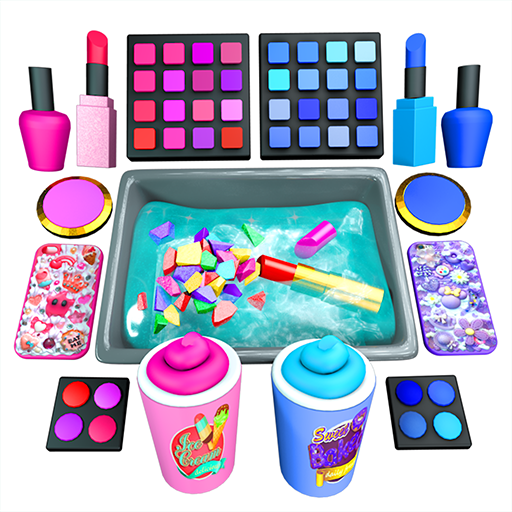
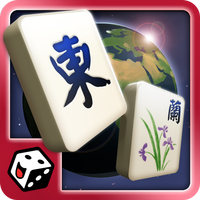


 Top News
Top News